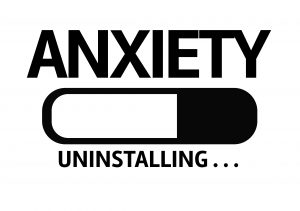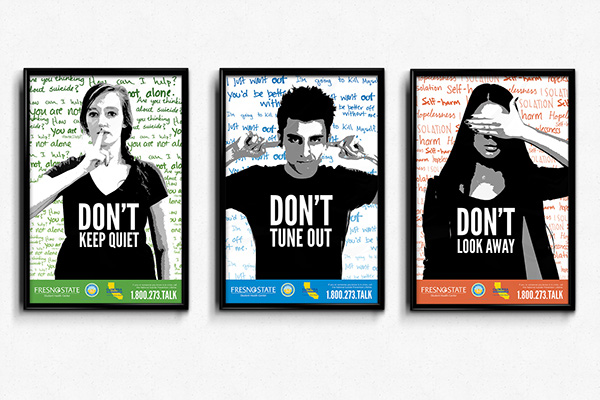With the increase of mental health apps, it’s important to make sure you have the app that’s right for you. Don’t just pick up any app. Choose the one that’s best for you.
Tori Utley gives you four questions to ask when choosing the best app to manage your mental health.
1. What is the purpose of the app?
There are numerous apps on the market with a mental health focus, so you must determine your purpose for using an app. Is the app for tracking or therapeutic purposes? If you’re looking for an app simply for tracking for your own benefit or for your care providers, then you must ensure you’re tracking the right dimensions – depression, overall mood, anxiety, general mental health, etc. Conversely, if you’re looking to an app for therapeutic elements, make sure the app has the right research, backing and features to ensure you’re getting advice that will help you improve your mental health in the best way possible.
2. Is it validated?
This may take some research, but looking for clinical validation of an app is wise. Have there been any clinical trials or tests that assess the performance and functionality of the app? This is especially important if the app claims to be prescriptive or therapeutic. You don’t want to choose an app that is directing you toward therapeutic principles if it has not been tested and validated or if it does not use evidence-based tools. Though not all apps or techniques without these qualifications are of poor quality, proceed in using them with caution. As a best practice, find the app that has the validation and will give you the confidence that you’re receiving care and insight that is validated, true and helpful.
3. What is the app’s performance?
It is easy to review an app’s ratings – before you download, see what people have to say about the product on the app store or in any online articles. Look for app crashes, how the app has been updated, the insights the app offers, and how other users’ experiences have been. Additionally, do some research on what capabilities the app is harnessing. There are many functionalities offered to app developers today – Apple’s ResearchKit, IBM Watson and other tools using artificial intelligence and machine learning. What level of technology are you looking for and how are you hoping it will benefit your mental health?
4. Are there any notable partnerships?
In the midst of startup culture, it’s not always critical that a new technology be associated with a long-standing brand. However, partnerships and associations with trusted brands are not a bad thing, especially in health care. Look for associations with research or clinical organizations known for their work in mental health. This will boost your confidence when using a particular app, knowing that it is founded with trust and quality.
Mobile technology can be extremely beneficial for those who are managing a mental health condition – offering ease of use, efficiency and constant access, among many other benefits. Make sure, if you are going to use a mobile app to manage your mental health, that you ask critical questions to choose the right one. Choosing the right app, wearable or other therapeutic mechanism will ensure you remain on the right track toward health and wellness.
Original article appeared in Forbes


